
Living with diabetes can be challenging, but there are natural remedies available that may help manage blood sugar levels effectively. In this article, we’ll explore seven surprising home remedies for diabetes that have shown promising results in scientific studies.
Understanding Diabetes
What is Diabetes?
Diabetes manifests as a persistent health condition marked by elevated levels of glucose, also known as blood sugar, within the body. This happens either because the body doesn’t produce enough insulin (Type 1 diabetes) or because the body’s cells don’t respond properly to insulin (Type 2 diabetes).
Types of Diabetes
- Type 1 Diabetes: Frequently identified in children and young adults, diabetes occurs when the body fails to produce insulin.
- Type 2 Diabetes: The most common form, where the body doesn’t use insulin properly.
Why Consider Home Remedies?
While medication is essential for managing diabetes, incorporating natural remedies into your routine can complement conventional treatment and improve overall well-being. Home remedies often come with fewer side effects and are more cost-effective in the long run.
Surprising Home Remedies for Diabetes
- Cinnamon: Cinnamon is a popular spice known for its sweet flavor and medicinal properties. Studies suggest that cinnamon may help lower blood sugar levels by increasing insulin sensitivity and improving glucose metabolism.
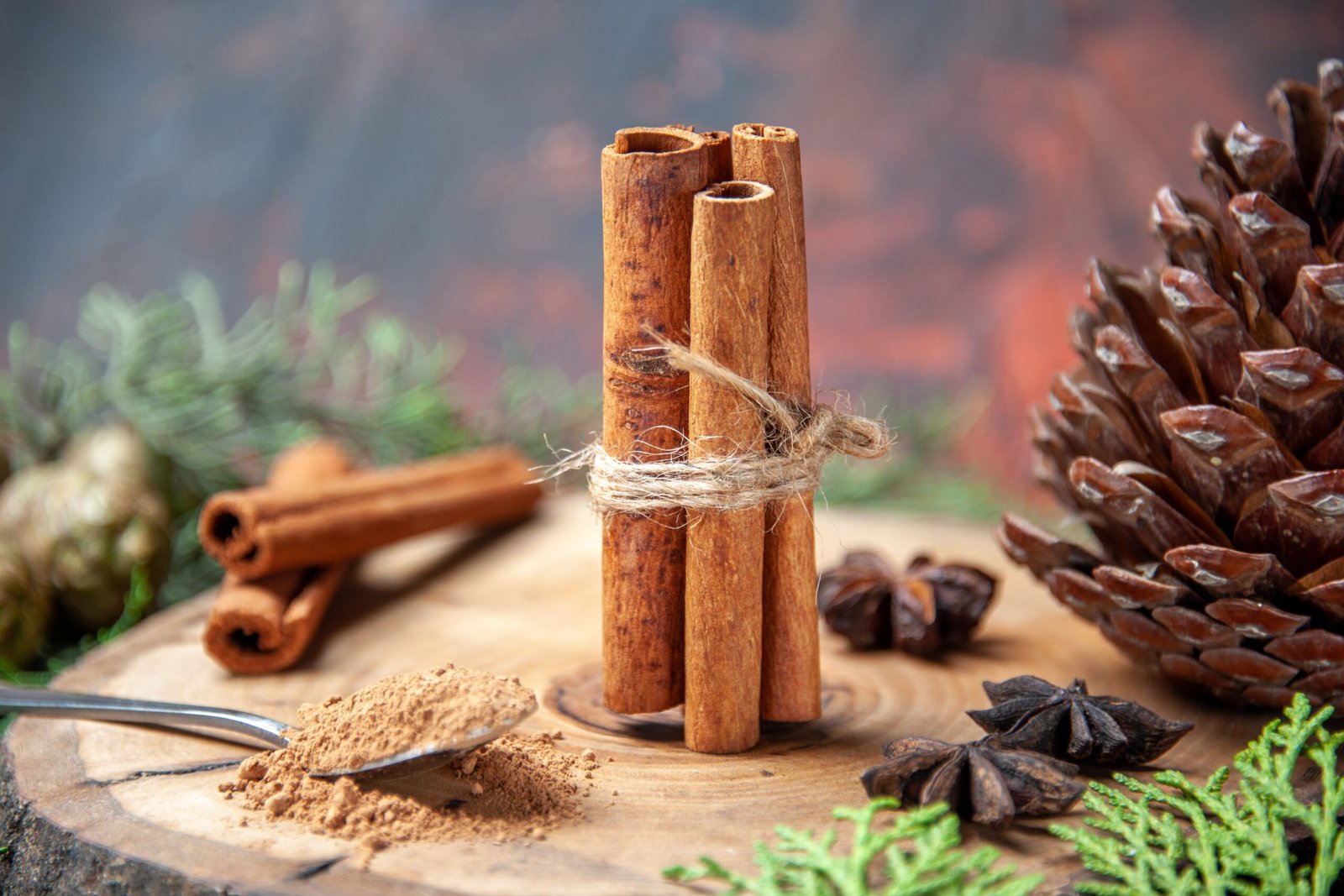
- How Cinnamon Affects Blood Sugar: Cinnamon contains compounds that mimic the effects of insulin and help cells absorb glucose from the bloodstream more effectively.
- Recommended Dosage and Usage: Experts recommend consuming about half to one teaspoon of cinnamon per day to experience its benefits. You can add it to your morning oatmeal, smoothies, or sprinkle it over fruits.
- Fenugreek Seeds: Fenugreek seeds are rich in soluble fiber, which helps slow down the absorption of carbohydrates and sugars in the body. This can lead to better blood sugar control over time.

- Benefits of Fenugreek Seeds: Studies have shown that fenugreek seeds may improve insulin sensitivity and reduce fasting blood sugar levels in people with diabetes.
- How to Incorporate Fenugreek Seeds Into Your Diet: You can soak fenugreek seeds overnight and consume them on an empty stomach in the morning. Alternatively, you can add them to curries, soups, or salads for a flavorful twist.
- Bitter Melon: Bitter melon, also known as bitter gourd, is a vegetable commonly used in traditional medicine for its antidiabetic properties.
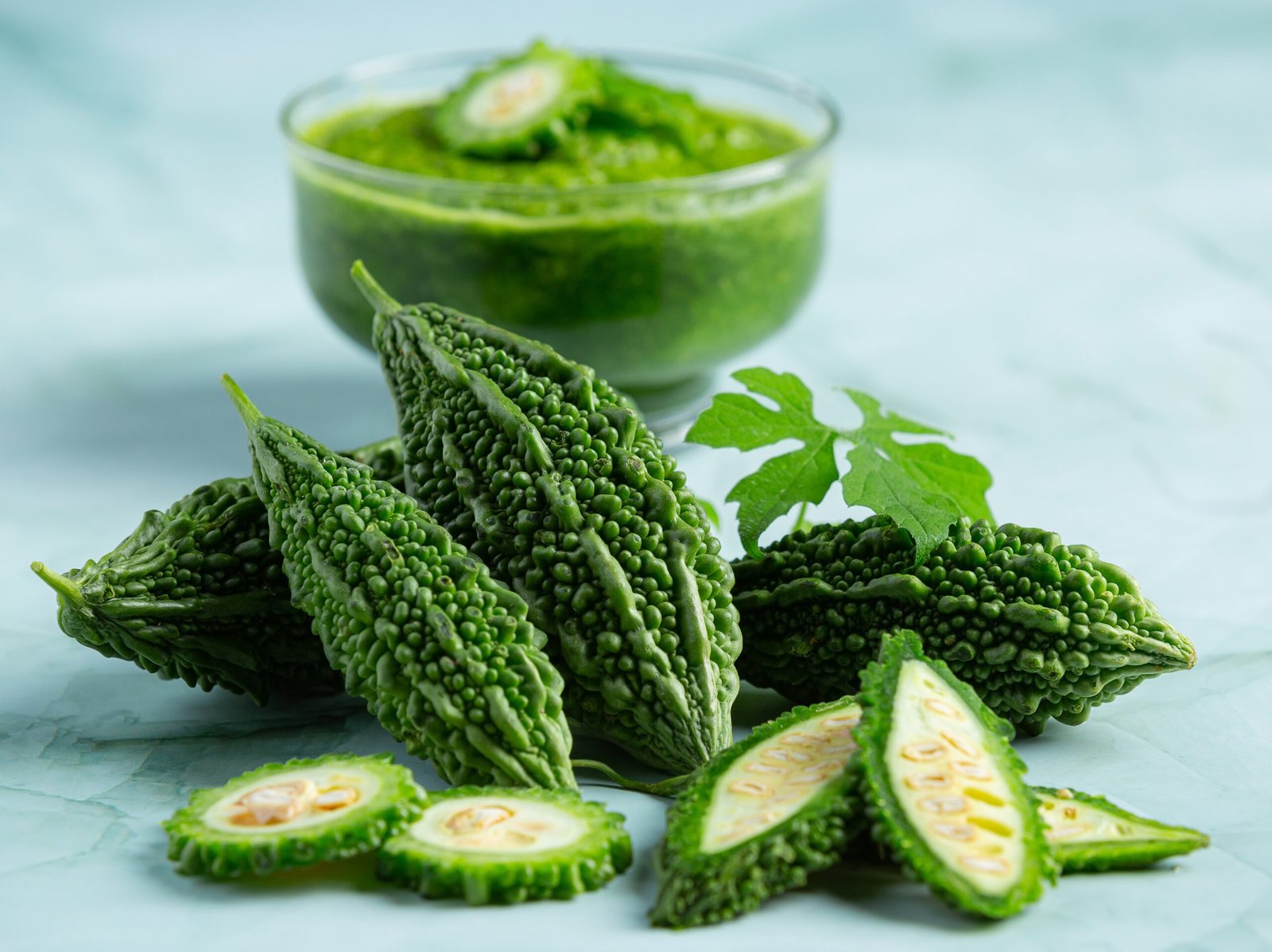
- Antidiabetic Properties of Bitter Melon: Bitter melon contains compounds that mimic insulin and help regulate blood sugar levels. It also contains charantin, which has been shown to have hypoglycemic effects
- Ways to Consume Bitter Melon: You can juice bitter melon and drink it on an empty stomach in the morning. Alternatively, you can cook it as a vegetable or incorporate it into soups and stews.
- Apple Cider Vinegar: Apple cider vinegar is praised for its numerous health benefits, including its ability to lower blood sugar levels.
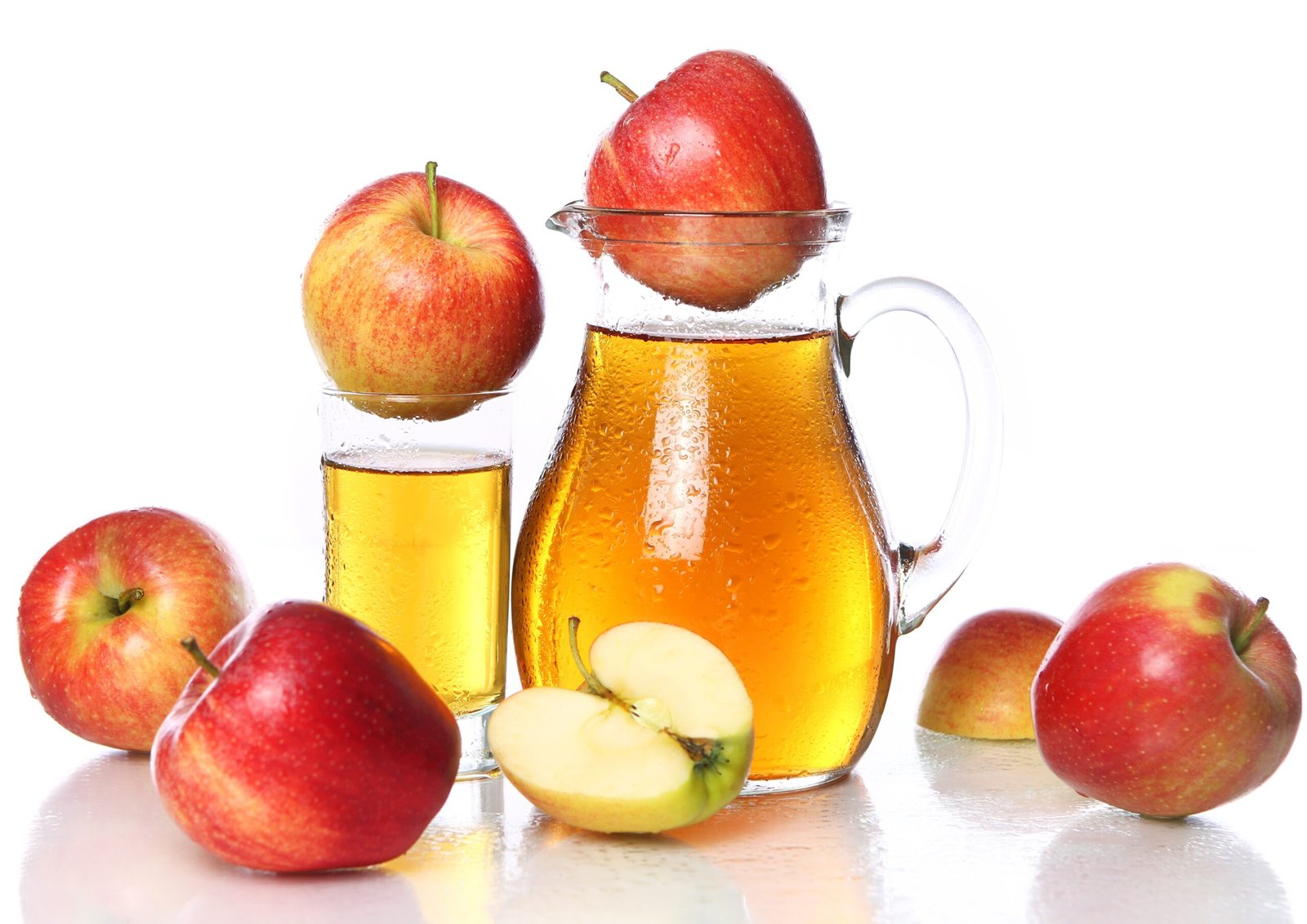
- Effects of Apple Cider Vinegar on Blood Sugar Levels: Acetic acid, the main component of apple cider vinegar, has been shown to improve insulin sensitivity and reduce fasting blood sugar levels.
- How to Use Apple Cider Vinegar for Diabetes: Mix one to two tablespoons of apple cider vinegar with water and drink it before meals. Be sure to dilute it to prevent irritation of the throat and stomach lining.
- Indian Gooseberry (Amla): Indian gooseberry, also known as amla, is a nutrient-dense fruit packed with antioxidants and vitamin C.

- Nutritional Benefits of Indian Gooseberry: Amla may help lower blood sugar levels by stimulating the secretion of insulin and improving pancreatic function.
- Methods to Include Indian Gooseberry in Your Diet: You can consume Indian gooseberry in its raw form or as a juice. Alternatively, you can incorporate amla powder into your daily diet by mixing it with water or adding it to smoothies.
- Okra: Okra, also known as ladyfinger, is a nutritious vegetable that’s low in calories and high in fiber.

- Okra’s Role in Managing Blood Sugar: Okra contains soluble fiber, which helps stabilize blood sugar levels by slowing down the absorption of sugar in the intestines.
- Different Ways to Prepare Okra for Consumption: You can cook okra as a side dish, add it to stir-fries, or include it in soups and stews for a nutritional boost.
- Ginseng: Ginseng is a widely used herb in traditional Chinese medicine recognized for its adaptogenic characteristics.
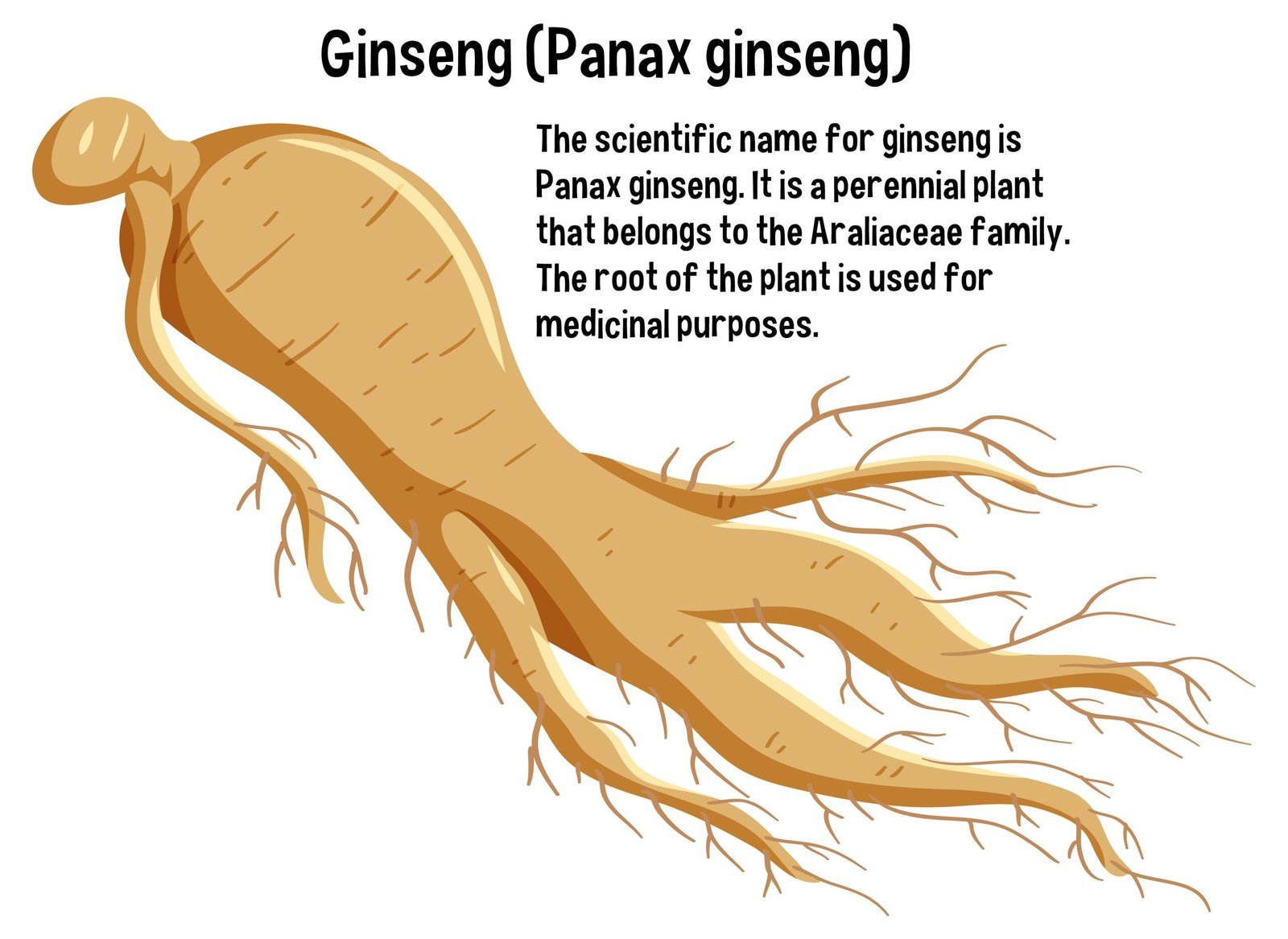
- Potential Benefits of Ginseng for Diabetes: Studies suggest that ginseng may help improve insulin sensitivity and lower blood sugar levels in people with Type 2 diabetes.
- How to Take Ginseng Safely: Consult with a healthcare professional before taking ginseng supplements, as they may interact with certain medications and have side effects.
Precautions and Considerations
While home remedies can be beneficial for managing diabetes, it’s essential to use them in conjunction with prescribed medication and lifestyle changes. Always consult with a healthcare professional before incorporating any new remedies into your routine, especially if you’re taking other medications or have underlying health conditions.
Consulting with a Healthcare Professional
Your healthcare provider can offer personalized advice on managing your diabetes and help you create a comprehensive treatment plan that addresses your unique needs and concerns. Regular check-ups and monitoring of blood sugar levels are crucial for effectively managing diabetes and preventing complications.
Conclusion
Incorporating home remedies into your diabetes management plan can provide additional support and help improve overall health and well-being. From cinnamon to bitter melon, there are several natural remedies available that have shown promising results in controlling blood sugar levels. However, it’s essential to use them cautiously and under the guidance of a healthcare professional to ensure safety and effectiveness.
For More Information Click Here.
Frequently Asked Questions
- Are these home remedies a substitute for prescribed medication?
These home remedies can complement conventional treatment but should not replace prescribed medication without consulting a healthcare professional.
- What is the time-frame for observing outcomes from these home remedies?
Outcomes can differ based on individual factors such as diet, lifestyle, and overall health. It’s essential to be patient and consistent with the use of home remedies.
- Are there any side effects associated with these home remedies?
While rare, some people may experience side effects such as gastrointestinal discomfort or allergic reactions. It’s crucial to keep an eye on how your body reacts and stop using if any negative effects arise.
- Can pregnant women or breastfeeding mothers use these home remedies?
Pregnant women and breastfeeding mothers should consult with their healthcare provider before using any home remedies to ensure safety for themselves and their baby.
- Are there any specific dietary recommendations for people with diabetes?
Yes, maintaining a balanced diet rich in fruits, vegetables, whole grains, and lean proteins is crucial for managing blood sugar levels. Limiting intake of sugary and processed foods is also recommended.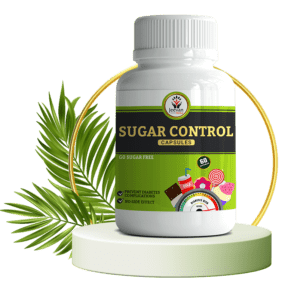
If You want to buy Ayurvedic Sugar(Diabetes) Medicine Click Here.
Our Sugar Control tablets is 100% ayurvedic medicine to control diabetes easily.



